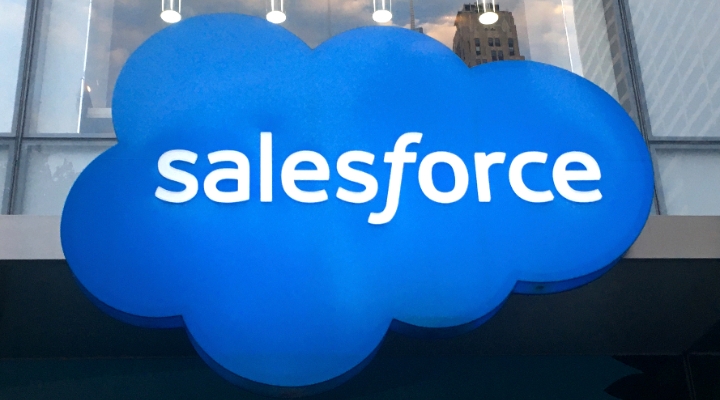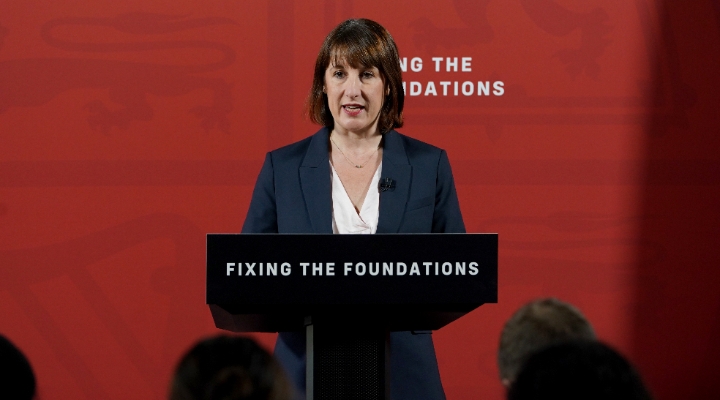Barclays is one of the three largest banks in the United Kingdom and has expanded around the world. Its large market share in its entrenched businesses - retail and business banking, credit cards, and investment banking - helped the firm to generate hefty returns during the boom years.
Despite the financial crisis and the now-changed banking landscape, Barclays has continued to focus on high-profile but risky businesses such as investment banking through Barclays Capital (about half of pretax profits in 2011 and 2012, but 80% in 2010) and international retail and commercial banking.
As a result, it has struggled to bring compensation costs in line with revenue and has suffered embarrassing risk management lapses. We're hopeful that the recent Libor rate-rigging scandal will have a silver lining by prodding the bank to pull back from its riskiest activities.
Already, the scandal has resulted in new management, with Antony Jenkins and David Walker now in place as CEO and chairman, respectively. We think their past work in retail banking and banking ethics portends a new road ahead for Barclays.
We are lowering our fair value estimate by 40p to 320p, closer to the current share price of 280p. The share has a Morningstar rating of three stars, which means it is considered fairly valued.
Although concerns about Barclays' viability have eased, questions about write-downs and long-term profitability remain. Loan losses, while still above historical levels, have eased but could rise sharply if turmoil deepens in Europe.
Regulators almost certainly will require Barclays to hold more capital in the future, which will reduce shareholder returns and may require the bank to raise even more capital. Tougher regulations and client risk aversion may mean investment banking profits never return to historical levels, and Barclays will need to do a better job controlling compensation costs if shareholder returns are to increase.
For the full analyst's report on Barclays click here. To get instant access to the report try out a Premium trial.





























